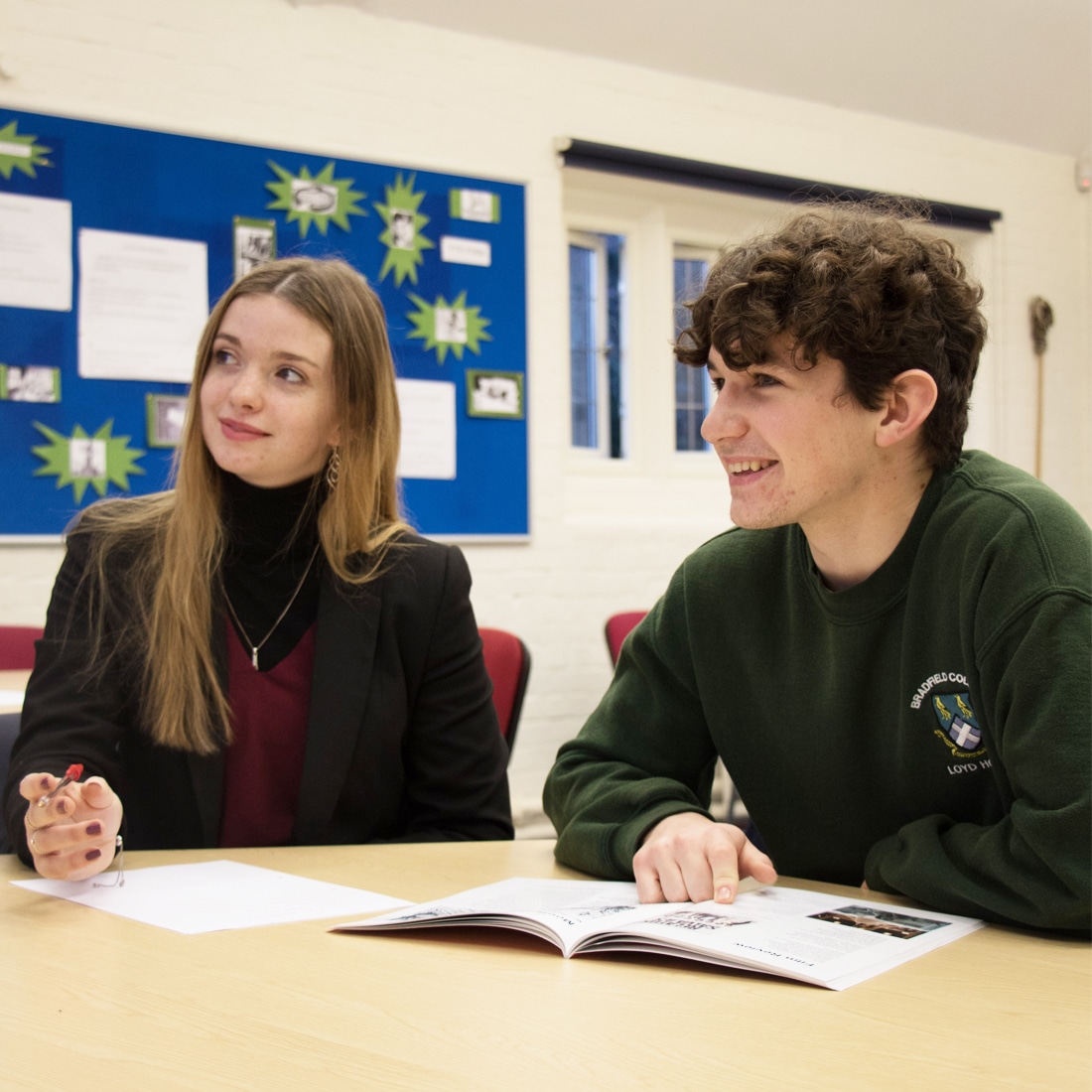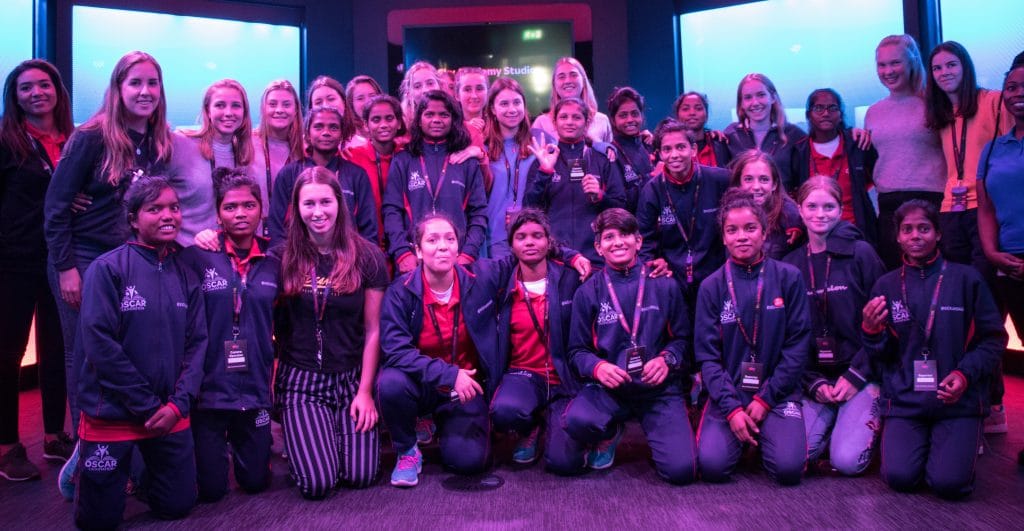The seminar required Scholars to work in small groups to think their way through hypothetical scenarios, including creating a triage system for a rural South African hospital and improving health literacy for asylum seekers in the UK. Jeremy Ball (SCR) also led a similarly engaging evening in November, involving mixed year group teams, working together to solve puzzles in a fun, engaging and competitive way in an ‘Escape Room’ set-up.
Inquiry is one of the attributes that the College seeks to develop in its pupils to underpin a lifelong love of learning. This aim is achieved in the classroom every day. However, with regard to the Scholars in particular, trips are designed to spark an interest in something new, for instance, the recent Sixth Form trip to London included visiting a choice of exhibitions at the V&A, followed by the Wildlife Photographer of the Year Exhibition and the acclaimed production of The Wider Earth about Darwin’s voyage and discoveries.
It was brilliant to see many of the Scholars so engaged with the trip, and consequently embarking on further reading of subjects outside the curriculum or expanding on topics covered in the classroom. It is particularly rewarding when they can make connections to the trip in their lessons, for instance, one pupil referred to the play – which explained that a young and inexperienced naturalist could shed new light as they were not seeking to enforce preconceived ideas – in a lesson on paradigm shifts in a Theory of Knowledge lesson. This shows that there is a clear benefit to these educational visits. Faulkner’s, Shell and Fifth Form pupils will be going to Stratford-upon-Avon in March.
Furthermore, putting learning in a different context helps encourage curiosity. For instance, the recently launched Academic and Enrichment magazine enables a group of four Scholars to take ownership of each issue with the opportunity to gain hands-on experience of producing a publication. From cover design and photography to content editing and managerial experience as ‘Editor-in-Chief ’, they learn new skills and become inquirers.
Scholars are expected to make use of their Common Place Book – presented at the Admission of Scholars Service – to keep an academic journal, and this is the most useful resource they are given. We hope that when the Scholar leaves the College, they do so with every page full, thus demonstrating that they have thoroughly engaged with the process. Furthermore, in order to help the Scholars engage with reading and keeping an academic journal, they are all provided with a subscription to a periodical of their choice. These range from The National Geographic and New Scientist to Popshot, an illustrated literary magazine.






